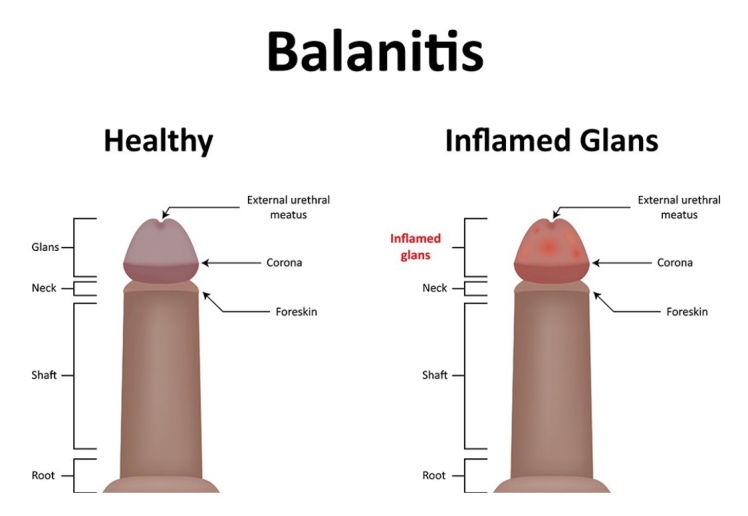
A vaginal yeast infection is an infection caused by yeast (a type of fungus). Vaginal yeast infection is sometimes referred to as yeast vaginitis, Candidal vaginitis, or Candidal vulvovaginitis.
The scientific name for the yeast that causes vaginitis is Candida. Over 90% of vaginal yeast infections are caused by the species known as Candida albicans. Other Candida species make up the remainder of yeast infections.
Candida species can be present in every human with a uterus in the vagina without causing any symptoms. In fact, it is estimated that 20% to 50% of women have Candida already present in the vagina. For an infection to occur, the normal balance of yeast and bacteria is disturbed, allowing overgrowth of the yeast. While yeast can be spread by sexual contact, vaginal yeast infection is not considered to be a sexually-transmitted disease because it can also occur in women who are not sexually active, due to the fact that yeast can be present in a regular vagina, even if the human with a uterus is celibate.

The vagina normally contains a healthy balance of bacteria and yeast. The hormone estrogen helps bacteria called lactobacilli to grow. These bacteria kill harmful organisms in the vagina and keep you healthy. But when something happens to tip that balance, a fungus called candida can grow out of control and cause a yeast infection.
Vaginal discharge is thick, white and looks like cottage cheese. There is a strong, but not foul odor. Yeast infections can cause a lot of vaginal itching.
Now even though the symptoms are SIMILAR to an STD vaginal yeast infections ARE NOT STDS OR STIS. However if you are infected you CAN pass it to your partner. And if your partner is also a human with a uterus the candida can still be passed through vulva to vulva contact, or transmission from finger to vagina. Some heterosexual women with recurrent infections have a male partner who harbors the organism on the genital skin.
With an opposite sex partner the head of the penis can get reddish and itchy. And cause a condition known balanitis- inflammation of the head of the penis.

Why it happens?:
If your immunity is low you are prone to it. If you take a lot of antibiotics (These drugs can kill off many of the good bacteria that live in your vagina.) Changes in hormone. Changes during pregnancy, breast-feeding or menopause or if you’re taking birth control pills can change the balance in your vagina. Your vagina is a wet entity and when the weather is humid more chances of the moisture in the air to irritate your vulva.
Take care of your vag health.
1. Bathe or shower each day and clean the area around the vagina well.
2. Keep the area as dry as you can. Wear cotton underwear.
Sanitary pads
Use sanitary pads if there is a lot of discharge.
Do not use tampons to absorb discharge.
Preventing Vaginal Infections
If you have a vaginal infection that keeps coming back, try these tips to help prevent it:
1. Avoid spreading germs from the rectum to the vagina. After a bowel movement, wipe from front to back, away from the vagina.
2. Clean the lips of the vagina well and keep the area as dry as possible.
3. Avoid irritating soaps or detergents, feminine hygiene sprays,
perfumed toilet paper or perfumed tampons.
3. Clean diaphragms and spermicidal applicators with hot soapy water and rinse well.
4. Do not douche.
A. Using a douche can wash away good bacteria and cause you to have more vaginal infections.
B. Your vaginal discharge will smell different during your monthly cycle. This is normal. If you have an odor that does not go away after washing, check with your doctor.
C. Douching after sexual intercourse does not prevent pregnancy.
D. Women who douche may have more of a chance of getting pelvic inflammatory disease.
7. Avoid tight jeans, panties or panty hose without a cotton crotch, and other clothing that can trap moisture.
8. Have a lot more yogurt and probiotics in your diet.
9. Do not use home remedies. Home remedies only hide the problem.
10. Use condoms to protect yourself from sexually transmitted diseases (STDs).
GO to a doc and get the treatment to that’s required weather you choose homeopathy, naturopathy or allopathy. But going to a doc is the best thing you can do. Please do not self diagnose and try and find remedies for yourself over google or social media. Go to a doc! 💙